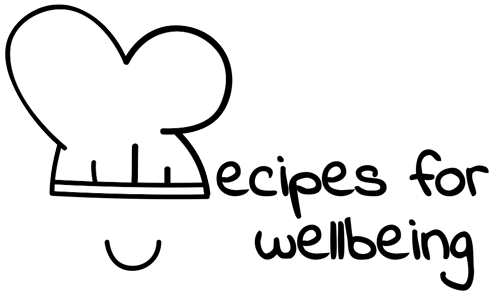
Healing communication
Trauma is a lot like the air we breathe. (…) We usually don’t think very much about the air we breathe unless the pollution levels rise. ―Paul Conti
👥 Serves: 1 person
🎚 Difficulty: Medium
⏳ Total time: Ongoing
🥣 Ingredients: Compassion, kindness, mindfulness
🤓 Wholebeing Domains: Awareness, Community, Discomfortability, Radical Care
💪 Wholebeing Skills: Authenticity, Clarity, Compassion, Emotional intelligence, Non-judgement, Relating to Others, Self-awareness

Healing communication
📝 Description
Four practices to communicate in ways that support trauma healing.
In the book Trauma – The Invisible Epidemic, Paul Conti, MD explains all the different types of trauma, how to recognise it in yourself, others, and society, and how to help yourself and others heal from trauma. Did you know that there are three main types of trauma?
- Acute trauma: This is the result of being exposed to a severe event, like witnessing violent death or a life-threatening medical crisis. Acute trauma shatters your illusion of control in life and is often accompanied by fear, pain, and horror.
- Chronic trauma: This comes from prolonged exposure to harmful situations and people, like experiencing ongoing sexual abuse as a child or enduring discrimination. Chronic trauma might not become visible until much later and is characterised by ongoing self-doubt, hopelessness, and shame.
- Vicarious trauma: This stems from internalising the suffering of others, affecting people like first responders or in caring professions, but also compassionate individuals who feel the emotions of others.
Trauma has many accomplices, first among them is shame. That’s why how you communicate with others can go a long way in supporting healing. The following recipe offers four practical ways to communicate more clearly and more authentically, and it has been inspired by Paul Conti’s book Trauma – The Invisible Epidemic.
👣 Steps
Step 1 – Avoid exaggerations
Humans have a tendency to exaggerate when they speak. But if everything is exaggerated, nothing is an exaggeration anymore. Notice the words you use to describe people, situations, events: “a flood that devastates a town is horrible and terrible.” But using the same words to describe people you don’t like or the result of a democratic election doesn’t serve you: it “cheapens the descriptive power of such words and diminishes their true meaning.”
Step 2 – Abstain from labelling
The human brain uses shortcuts to avoid having to make a trillion decisions every second. Categories, labels, boxes. However, this skill can harm others if you are not careful. Consider situations where you have used language to generate false similarities or differences between groups of people. Paul Conti brings the example of “the word immigrant is used as a charged and binary term in the United States despite the fact that most of the people in the country are here today as a result of immigration.”
Step 3 – Don’t trivialise
At times humans choose words that trivialise a situation or event, especially if it is connected to personal trauma or if it involves societal trauma. Paul Conti invites you to think about “how the term ‘sexual assault’ is employed in health care and the media to minimize the severity of the violence endured, as if the assault were somehow excusable or less impactful because of the sexual nature of the attack.” Often trivialising is not done in a deliberate way, so pay attention to the qualifiers you might use to describe certain situations or events.
Step 4 – Think about the impact
Words matter. The language you use conveys your beliefs and feelings, but it also evokes particular beliefs and feelings in others. How you express yourself has an impact on you, on others, on society. For instance, Paul Conti observes how we use the term “‘burned out” to describe what happens to people in the health-care industry after they’ve reached their breaking point in a system that overworks and devalues them.” By doing so, we place the responsibility of the impact of a broken system on individuals, implying weakness and lack of self-care. So, be mindful of the words you use: are they accomplices to trauma?

